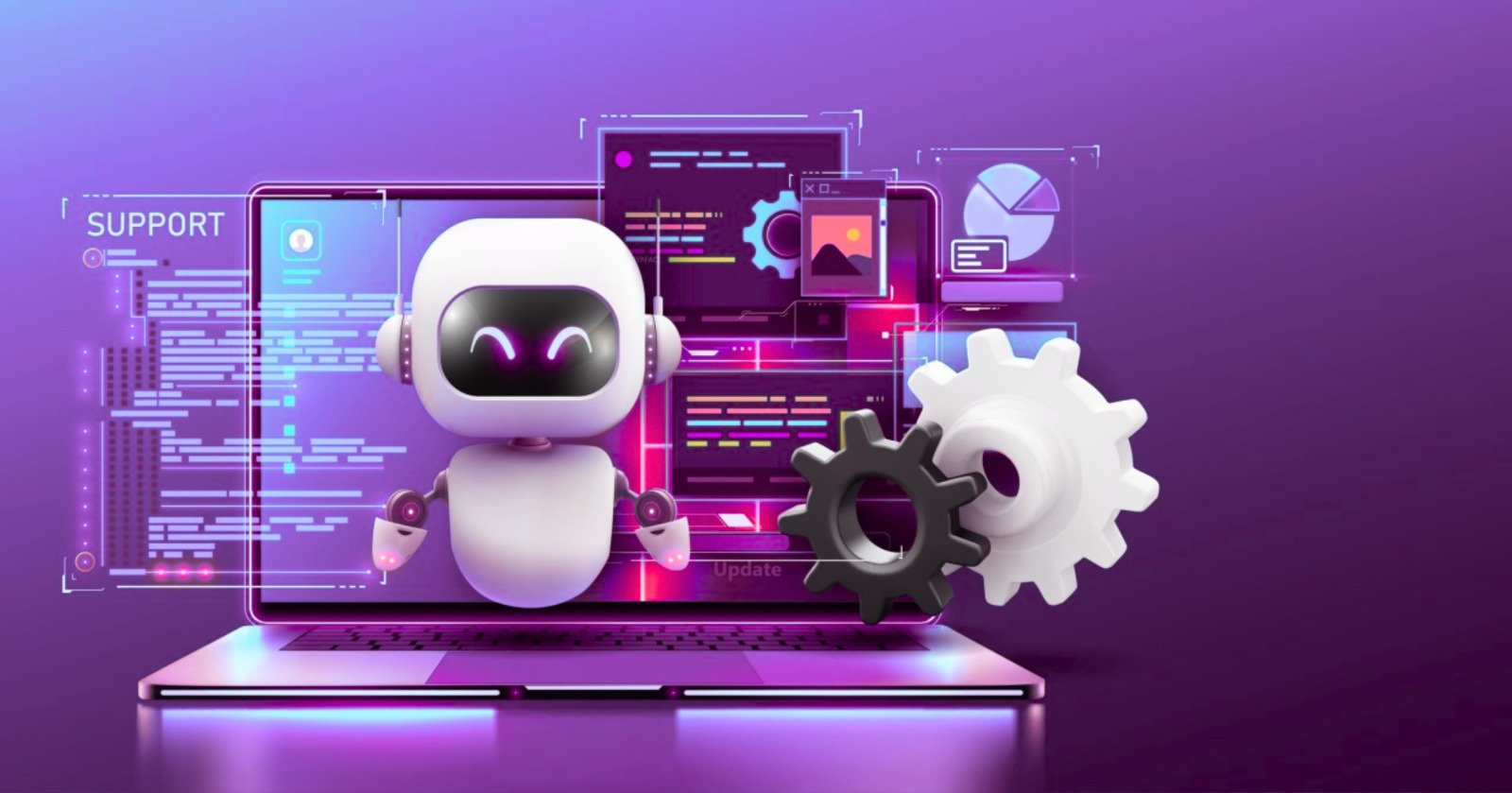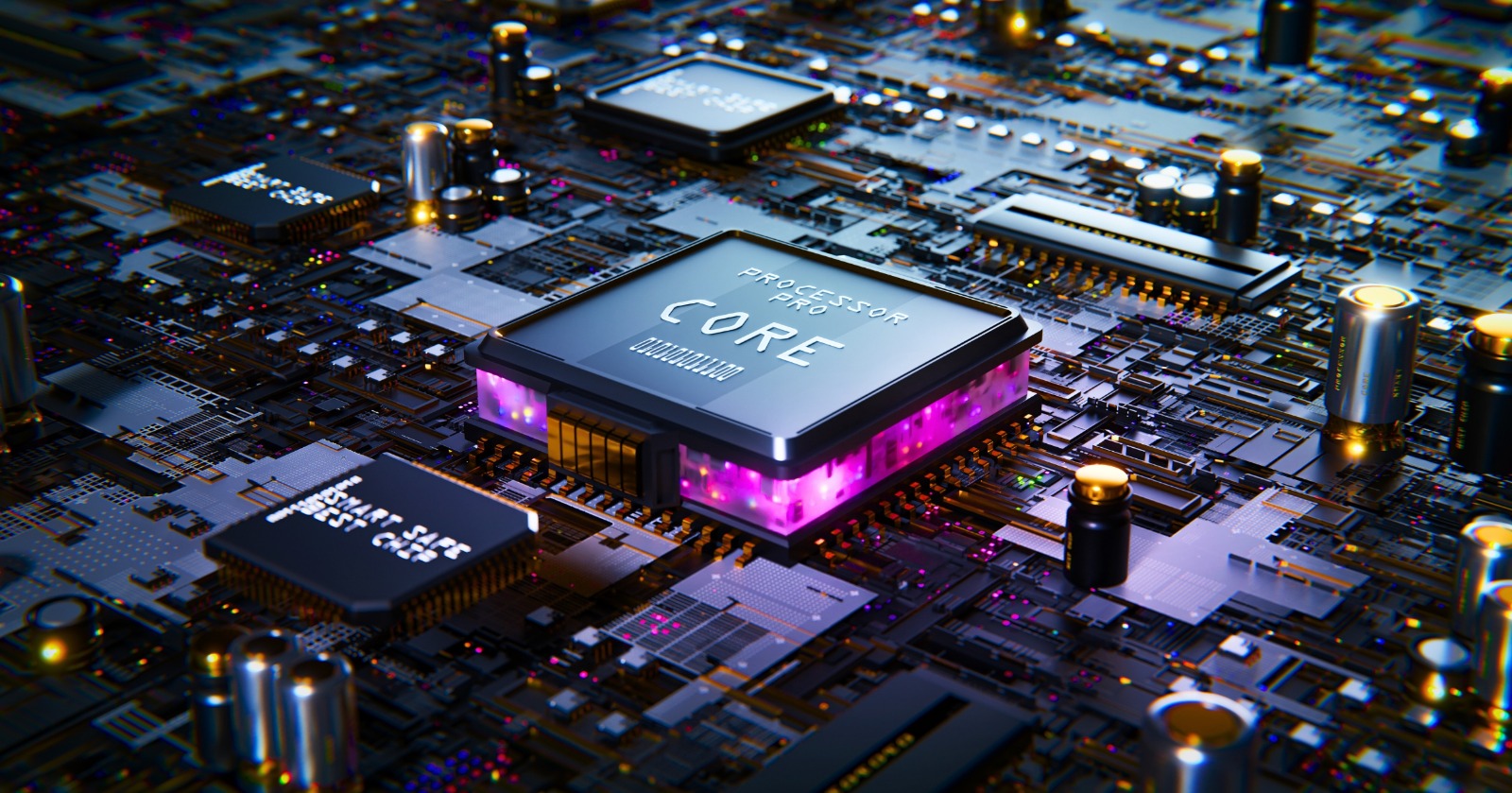What Exactly is Agentic AI?
At its core, Agentic AI refers to artificial intelligence systems designed to operate autonomously. Unlike traditional AI that requires human input, Agentic AI makes decisions and learns from experience, becoming more effective over time. This means that Agentic AI can act as an independent agent—solving problems, making decisions, and even learning from its actions without needing constant human intervention.
Key Characteristics of Agentic AI:
- Autonomy: Agentic AI acts without constant human guidance.
- Decision-Making: It evaluates scenarios and chooses the most effective action.
- Self-Learning: It improves over time through learning algorithms, making better decisions as it gains experience.
How Does Agentic AI Work?
The foundation of Agentic AI lies in machine learning (ML) and reinforcement learning (RL):
- Machine Learning: AI learns from large datasets, recognizing patterns and adapting over time to new information.
- Reinforcement Learning: In this form of learning, the AI interacts with its environment, receiving feedback in the form of rewards or penalties, teaching it to optimize actions toward its goals.
Examples of Agentic AI in Action
- Autonomous Vehicles: Tesla’s self-driving cars are an excellent example of Agentic AI. These cars navigate roads, make decisions, and adapt to changing conditions without human input.
- AI Personal Assistants: Google Assistant and Siri are evolving to become more autonomous, learning personalized responses and anticipating user needs more effectively.
The Incredible Benefits of Agentic AI
- Efficiency and Productivity: Agentic AI can automate repetitive tasks, saving time and reducing operational costs. This leads to better use of human resources for more complex tasks and increases productivity across various industries.
- Advanced Problem Solving: Agentic AI can tackle problems that would typically require human expertise, such as complex optimization issues in areas like supply chain management, route planning, and resource allocation.
- Scalability: In fields like genomics and financial trading, Agentic AI can handle vast amounts of data, providing quicker and more accurate results.
Navigating the Ethical Minefield: Challenges of Agentic AI
While Agentic AI offers immense potential, there are significant ethical concerns:
- Accountability: When AI makes a decision that leads to negative consequences, who is responsible? The developer, the user, or the AI itself?
- Bias in AI: AI systems can inherit biases from their training data, potentially leading to discriminatory outcomes in fields like hiring or criminal justice.
- Security Risks: As Agentic AI becomes more autonomous, it raises concerns about the possibility of malicious use or exploitation.
What’s Next? The Future of Agentic AI
The future of Agentic AI holds exciting possibilities:
- Healthcare: Imagine AI systems that can autonomously monitor patient health, make treatment decisions, and even perform surgeries.
- Smart Cities: Agentic AI could manage traffic, energy usage, and waste collection in smart cities, making urban living more efficient and sustainable.
- Customer Service: AI-powered chatbots and service agents will evolve into fully autonomous systems capable of handling complex customer queries and providing personalized solutions.
The Age of Autonomous Machines
Agentic AI represents a significant leap in artificial intelligence, offering the potential for autonomous systems that can think, learn, and adapt on their own. While these advancements promise to revolutionize industries like healthcare and finance, they also raise important ethical and security questions. As we continue to develop these technologies, it’s crucial that we approach them with care, ensuring they align with human values and are used responsibly.



